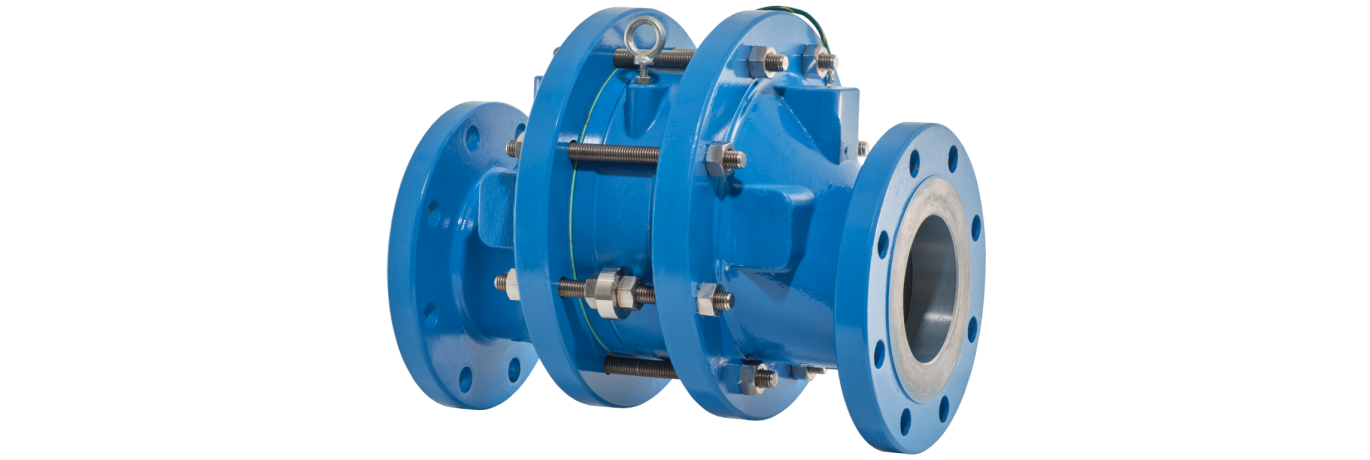Model 77E-AF
Technical specifications
| Connection Sizes | 2” through 12” 150# ASME, DIN PN10, and PN16 Flanged Connection |
| Housing standard material | Carbon Steel, Stainless Steel |
| Flame element standard material | 316L Stainless Steel |
| Operational Temperature Range | -4 to 140 °F (-20 to 60 °C) |
| For Gases with MESG ≥ 0.65 mm (See figure below for IEC and NEC Gas Groupings) | |
| Maximum Operational Pressure | 1.15 bara (16.67 psia) or better, see charts and IOM |
| Certified to ATEX Directive in compliance with EN ISO 16852:2016 | |
| Thermocouple is required for flame detection per the ATEX code |
Technical documentation
Benefits
- Flame arrester element geometry maximizes flame quenching capability while minimizing pressure drop
- Removable element housing for ease of maintenance
- Spiral-wound, crimped ribbon flame element
- Flame elements made standard with premium 316SS material, reducing corrosion
- Bi-directional with respect to flow and ignition source
Applications
- The Groth Model 77E-AF is designed to inhibit flame propagation in gas piping systems and to protect low pressure tanks containing flammable liquids. Arresters protect low flash point liquids from external sources of ignition providing increased fire protection and safety.
Engineering services
Free engineering services:
- Support for the calculation, selection and configuration of safety, breathing valves and flame arresters Groth
- Parts selection support for installed Groth relief valves, breathers and flame arresters
- Assistance in finding options for safety valves, breathing valves and Groth flame arresters;
- Provision of technical documentation for the operation and maintenance of Groth breathing valves and flame arresters.
Logistic services:
- Standard delivery "to the door", as well as the possibility of shipment of goods directly from the Factory in Europe/USA on the terms of FCA Incoterms 2020
- Support in customs clearance of goods shipped on FCA terms, including the provision of certificates of conformity, as well as letters on the absence of the need for mandatory certification for certain groups of goods


